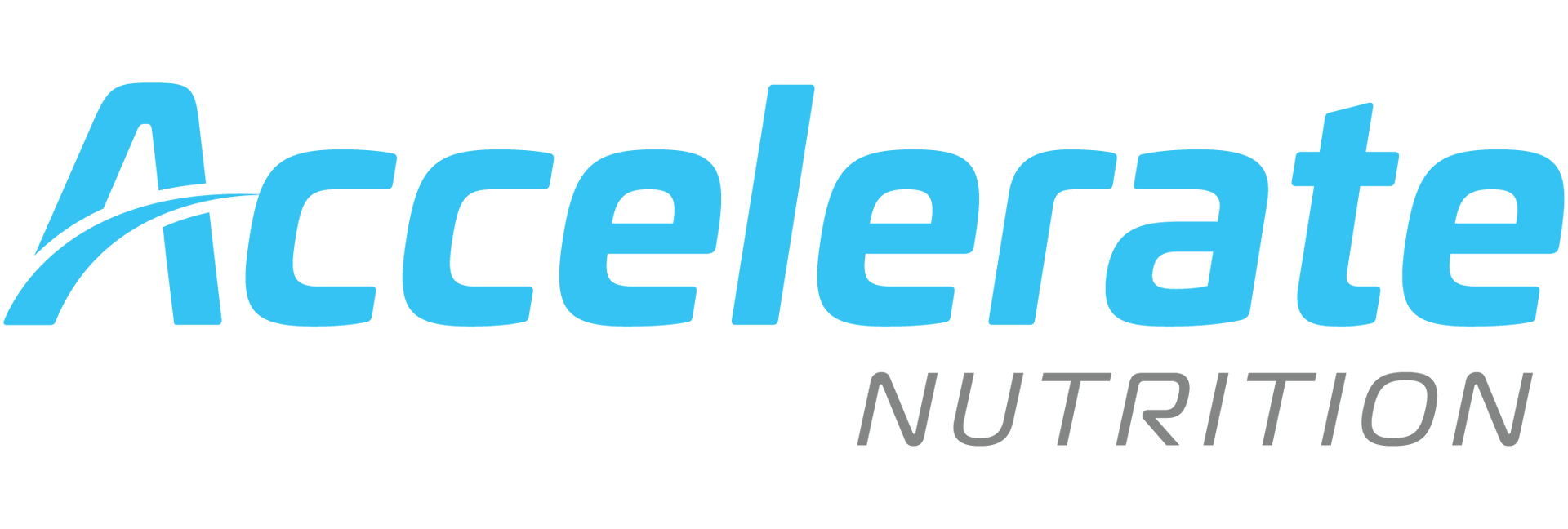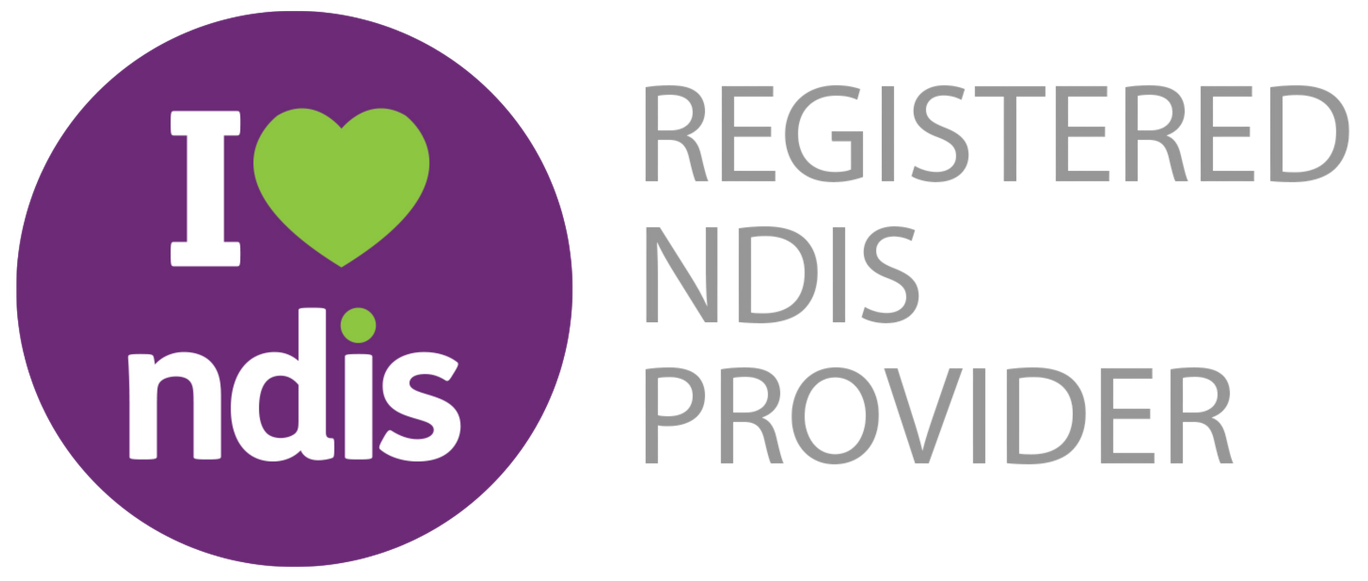Nutrition Challenges in Autism Spectrum Disorder
Autism Spectrum Disorder (ASD) is classified as a neurodevelopmental condition, affecting how a person’s brain develops and functions. Autism is not an illness, therefore is not something that requires a cure or treatment. It is simply a unique ‘or different’ way of thinking and being (AEIOU, 2025).
Children with ASD have their own strengths, perspectives and challenges; and with the right support, will thrive in their own way. It is important to remember that ASD is a spectrum, therefore everyone has their own experience (AEIOU, 2025).
ASD is often associated with heightened sensory awareness, including sound, smell, taste and touch. This can often lead to a person with ASD to feel distressed or overwhelmed. As such, effective interventions and support can be beneficial to build a neurodivergent child’s unique skills, strengths, interests and aspirations (Aspect, 2024).
The relationship between ASD and nutrition and eating challenges
ASD can affect everyday tasks and can have significant impacts on someone’s ability to eat adequately. Children with ASD commonly have atypical eating behaviours. Children with this disability commonly consume restricted diets and have poor nutrition due to the various sensory challenges they face.
Children with ASD can become sensitive to smell, sound, look and even the texture of a particular food; more so compared to someone without ASD. This can lead to food aversions, reduced variety and selective/overeating eating of ‘safe foods’.
Learning to eat involves complex interactions between a child’s social, emotional, physical, sensory, cognitive, communication and oral motor development. Disruptions to any of these factors can contribute to feeding challenges experienced by children with ASD. The impact of feeding challenges on growth varies and meal time behaviours can have a negative impacts on the child and their family relationships as well. A lack of a varied diet, can lead to faltered growth, unintentional weight loss and micronutrient deficiencies (Dietitian Connection, 2023).
Dietitian involvement
Below are some dietetic interventions that will assist with improving health and wellbeing of a child with ASD:
- Stabilising weight
- Improving nutrition status
- Improving food variety
- Improving meal time behaviours
If you are unsure if Dietetic involvement will assist your loved one, please consult with an Accredited Practising Dietitian.
References
https://aeiou.org.au/what-is-autism
https://www.aspect.org.au/about-autism/information-sheets
Dietitian Connection. 2023. Sensory feeding challenges: Not just a childhood experience. https://dietitianconnection.com/product/sensory-feeding-challenges-not-just-a-childhood-experience/





